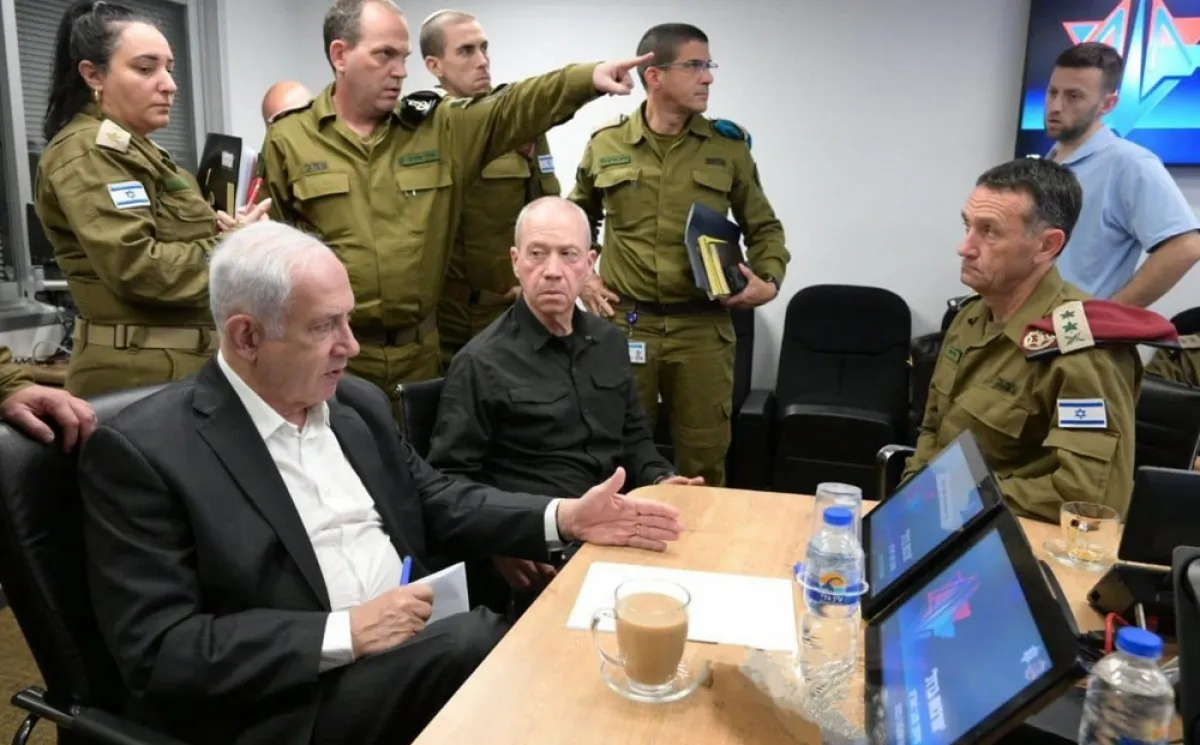
Israelis were shocked that Hamas had organized such a large-scale attack without the security services finding out. Will Netanyahu pay the political price for this failure, or will the formation of an emergency government save him?
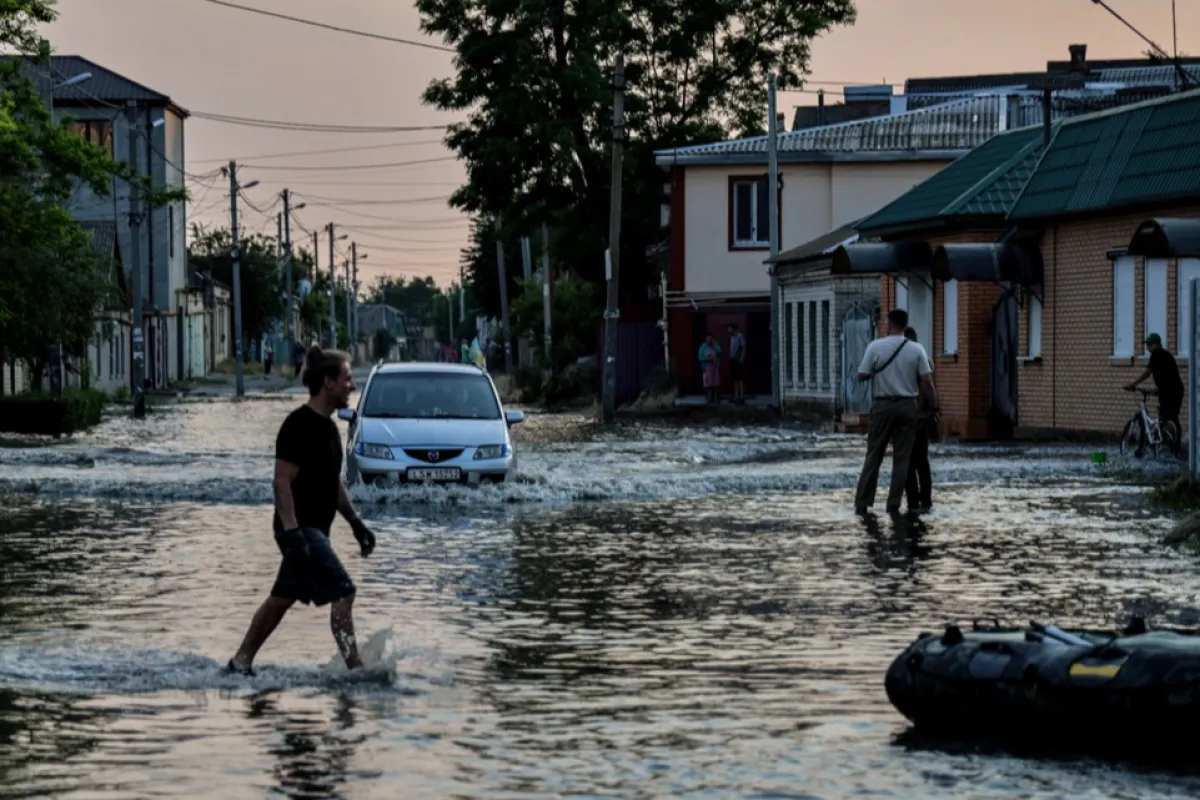
Russia has claimed for years that Ukraine has biological laboratories and says its attack was meant to destroy those labs. The narrative was also included in the disinformation about the destruction of the Nova Kakhovka dam.

The (Pro)Russians claim that Ukraine will cause a nuclear incident. The narrative is meant to undermine support for Kiev and has been promoted in Eastern Europe as well.

As experts warn that Georgia will not be granted EU candidate status this year, authorities allege there was a coup plot and the parliament impeaches the president.

A century after its founding, the Turkish Republic is drifting further and further away from the secular values that formed its foundation, while ethno-religious nationalism is gaining ground.

Estonia could become a powerhouse in the strategic rare earth metals industry. Environmental concerns, outside competition, and opposition to mining are threatening that potential.

The protracted war in Ukraine has made Western countries willing to cooperate with Russia increasingly vocal. These countries persevere despite the sanctions, although they face countless other problems.

The first President of the Republic of Moldova, Mircea Snegur, died aged 83. He was praised for his role in achieving the independence, but he was also accused of being Russia’s inside man.
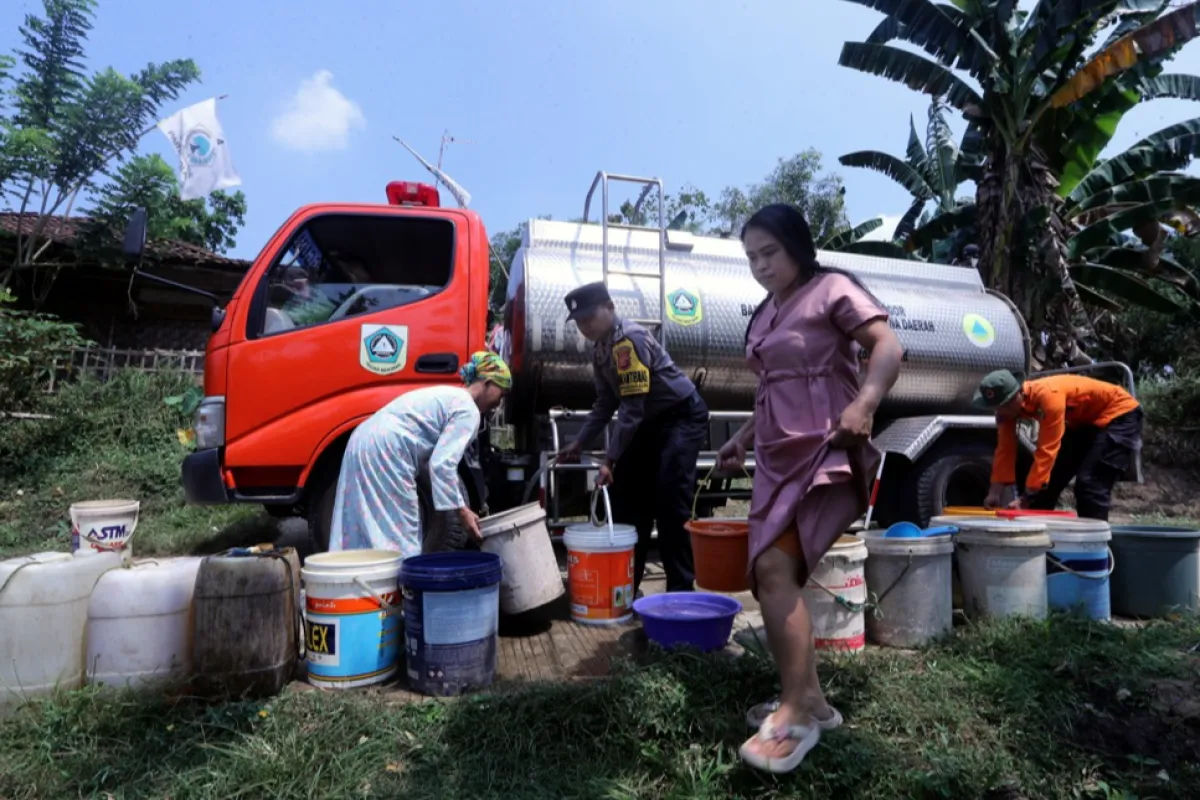
The heat records of 2023 will likely be broken in 2023, when the effects of the El Niño ocean warming phenomenon will be felt in full.

Georgia is increasingly economically dependent on Russia, which generates security risks for Tbilisi. There are also concerns that Moscow is circumventing Western sanctions through Georgia.

Estonia has one of the world’s best education systems but it’s only for Estonian speakers. There’s a parallel system for Russian speakers, which authorities now want to eliminate.
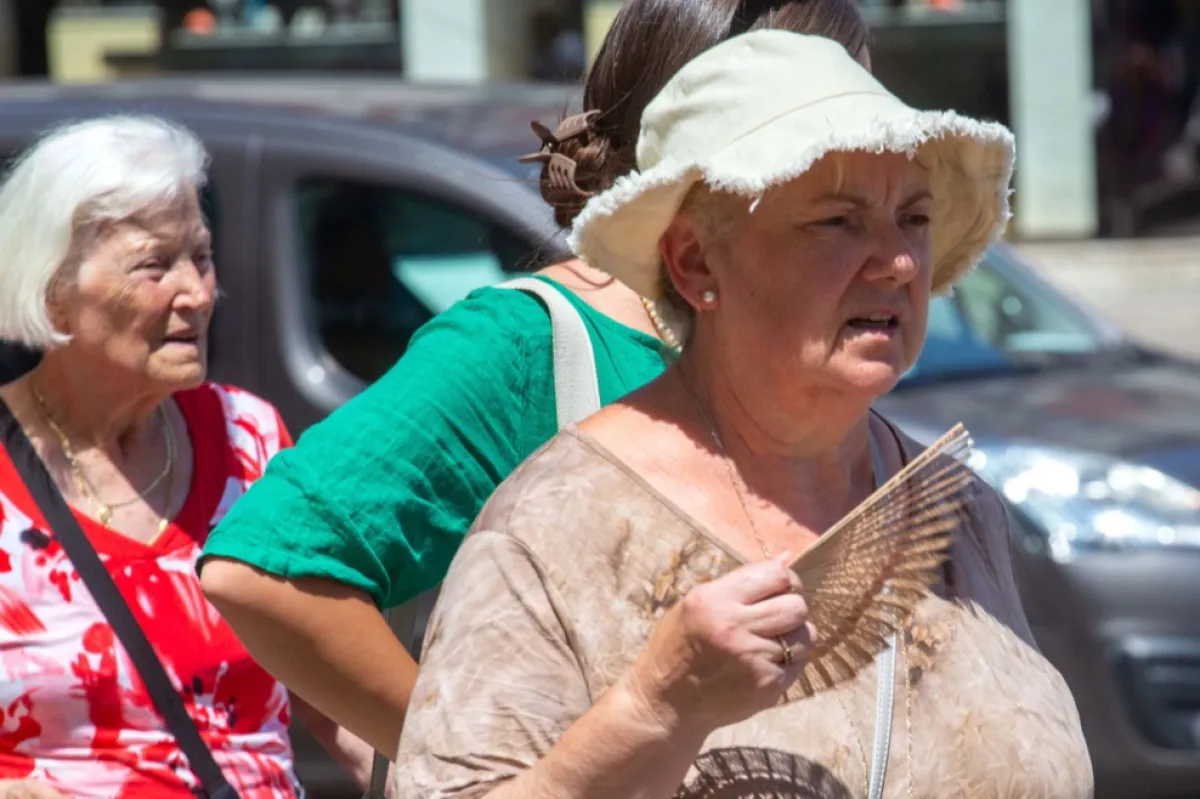
The record-high temperatures suggest global warming has picked up speed. It could be stopped by curtailing emissions, although other solutions are needed to cool down the Earth.
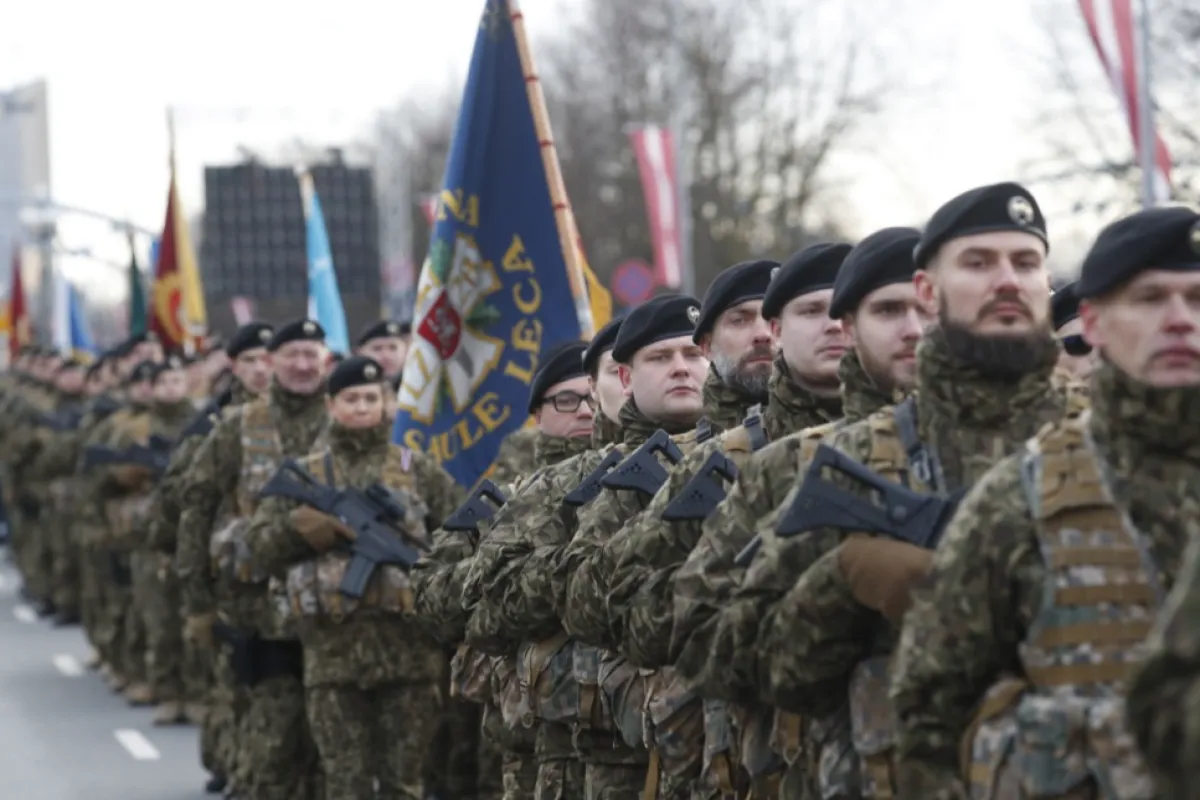
Latvia is making participation in the state defense service (SDS) mandatory, as part of a larger drive to strenghten its security.

After winning the election, president Erdoğan announced Turkey will stop vetoing Sweden’s NATO accession bid. What prompted this 180-degree shift and what did Turkey get in return?

After earlier this summer, the federal government of Germany presented its new security strategy, Olaf Scholz’s Cabinet has now released a national strategy on China, which marks a new first for Berlin.

Once a major Soviet industrial center, Ida-Viruuma comes back to life, due to the European funds.

The Republic of Moldova remains the target of Moscow’s active measures. Certain pro-Russian politicians in Chișinău with good chances of securing high office are being counselled by the FSB.

Putin’s regime, threatened by pro-war extremists and domestic squabbles

Latvia’s unfinished border fence came into focus following Wagner’s rebellion in Russia and its alleged move to Belarus. Experts warn that security requires more than a fence.

Volodymyr Zelsnky visit to Sofia may be a boost for the pro-Western ruling coalition.

The Georgian Dream proposes an anti-oligarch law to unblock Georgia's path to the EU. The law protects Bidzina Ivanishvili and was criticized by the Venice Commission.

The Wagner revolt came as a confirmation of the fact that Moldova must distance itself from the Eurasian space, officials in Chisinau believe. The Wagner mercenaries were also involved in an attempt to destabilize Moldova.

After the latest elections, Turkey seems determined to continue its combative/aggressive policies, while Greece becomes increasingly important to NATO's south-eastern flank and the EU's energy security.

Rumors and propaganda in Russia about the head of Wagner, Yevgeny Prigozhin: traitor, patriot manipulated by the West but forgiven by Putin, accomplice in a secret Kremlin plan.

The war in Ukraine has prompted many NATO states to take action with a view to strengthening their armed forces. Instead of deterring the Allies, Putin only brought them closer together.

The separatist discourse has reemerged in Gagauzia, part of an effort to block Moldova's European path. The moment coincides with the winning of the elections by one of Ilan Shor’s representatives.

Estonia is on the verge of becoming the most progressive ex-Soviet state regarding LGBT+ rights. Conservative politicians oppose the move, but the population seems more tolerant than them.

Alexander Lukashenko’s health problems have reminded Belarussians that the dictator is a human being after all. Who will succeed him – will it be a member of the current administration, a representative of the opposition or someone appointed by Moscow?

După ce respectatul ministru leton de externe Edgars Rinkēvičs, a fost ales președinte, zilele coaliției pro-europene de guvernare ar putea fi numărate.

While Georgia hopes to be granted EU-candidate status, its government seems unwilling to reform the judiciary, as demanded by both Brussels and the US.
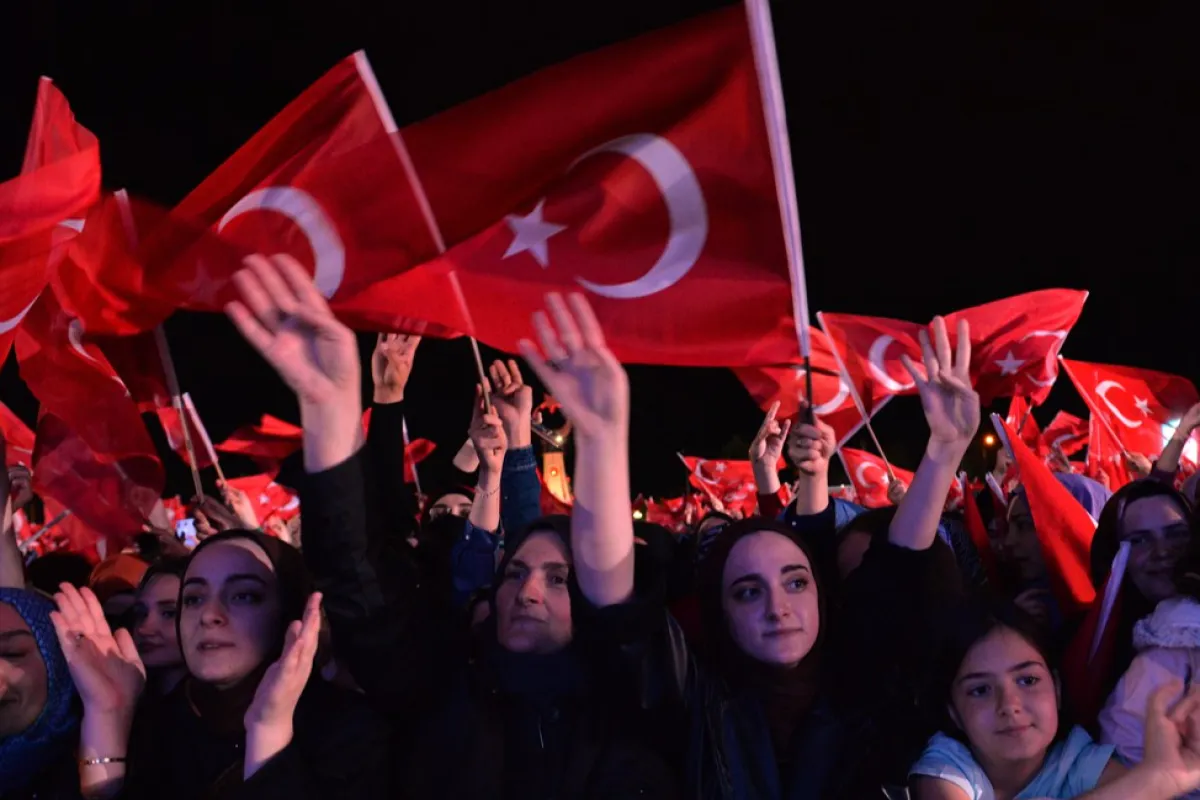
The victory of Erdoğan’s authoritarian and conservative regime is the victory of devout Turks who considered themselves repressed by the secular republican regimes of the last century.

On May 28, Turks will decide whether to consolidate the regime of Recep Tayyip Erdoğan, the strongman of Turkey’s politics who has reigned unchallenged for the last 20 years, or to vote for Kemal Kiliçdaroğlu, seen as Turkey’s “Ghandi”, who fosters a return to old republican values.